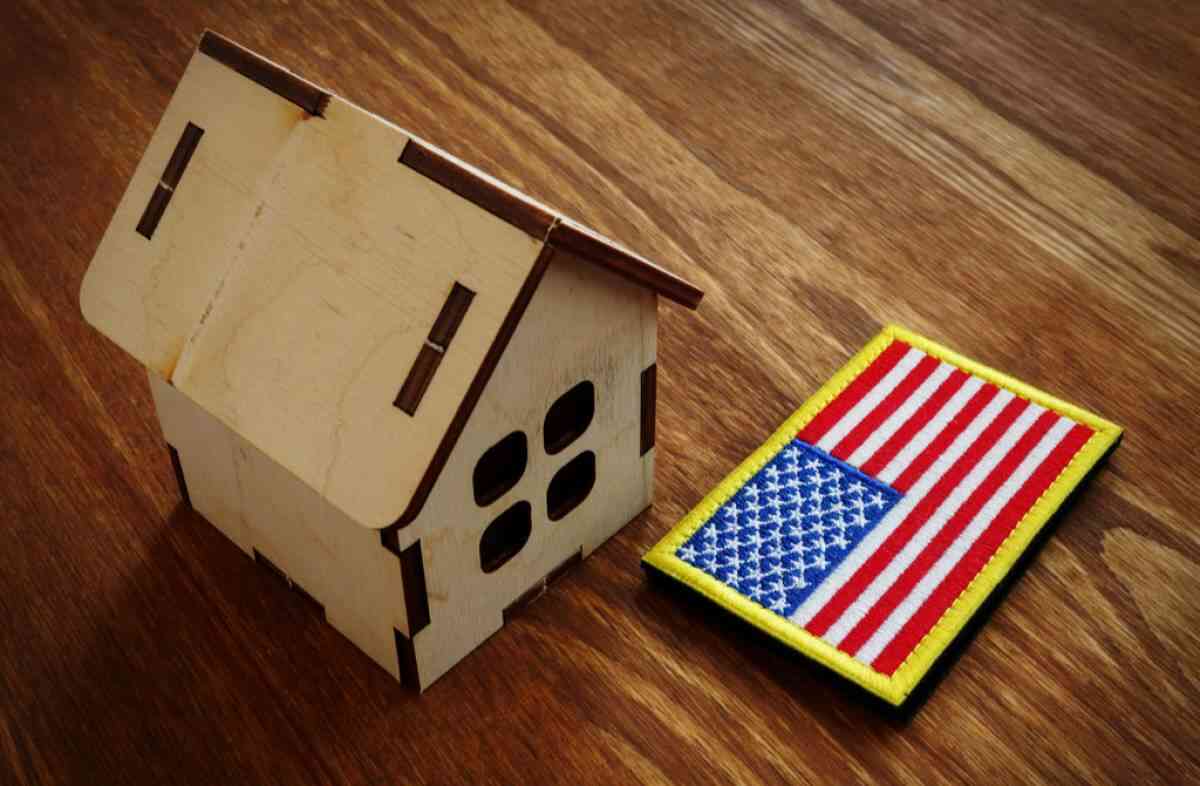Government Loans To Buy A House
- - Category: Real Estate
- - 31 Jan, 2023
- - Views: 176
- Save

You can finance a home through multiple channels, such as paying with cash upfront, bank loans, or owner financing.
You can finance a home through multiple channels, such as paying with cash upfront, bank loans, or owner financing. Yet, we have a ‘secret’ (and financially the most secure) contender. Why should you consider applying for a government loan?
Suppose you wish to purchase a house, but specific circumstances (your financial situation, in short) impede you. For instance, you have a low income, a lousy credit score, and or high debts. In such cases, you might not be eligible for a conventional loan at your closest bank. Then, you can turn to Uncle Sam for a home loan, and the chances are you’ll leave with a big smile.
The US government grants you assistance with several real estate-related investments.
The US government offers valuable financial aid, primarily for first-time homebuyers. Suppose you haven’t owned a house in the previous three years. In that case, you automatically qualify as a first-time buyer and can apply for specific grants.
And to top it all, once you qualify for a government loan, mortgage lenders will show an increased interest in giving you a loan and on better terms! After all, the Fed backs their money!
Down Payment Programs
Besides home loans with low interest, the government can help you with a down payment through DPA programs. Thus, you can achieve a critical advantage in your property purchase offers. Note that DPA programs differ in every state and are available only for first-time buyers! However, if you’re lucky, you won’t have to repay it!
Income properties
Secondly, American citizens can apply for grants to purchase an income property that is a secondary source of income. Did you know that most Americans (about 35 percent) consider buying and then leasing an income property the most intelligent investment (even during a recession)? You are eligible for such a loan if you prove that the investment will serve community purposes.
Suppose you’re an eager investor on a tight budget and looking for government sponsorship. In that case, we recommend the Home Investment Partnerships Program, Section 542 Grant, or Good Neighbor Next Door Program.
Grants for home repairs
Thirdly, you can obtain a loan for a house renovation, the so-called Property Improvement Loan Insurance, also administered by the FHA. We suggest you investigate government-backed insurance policies like Home Rehabilitation Mortgage Insurance. Besides, Section 203(k) insurance will grant you access to a substantial sum through a single mortgage to cover renovation or improvement expenses.
Besides, the Emergency Capital Repair Grant allows critical funding for properties’ structural renovation designed for community purposes.
Which are the traditional government-backed loans for a property purchase?
Government home loans can help you if you find it difficult to save a nest egg for a down payment or a bad credit score crushes your hopes and dreams. After all, these loans have already facilitated the boost of homeownership in the US.
The federal government and designated federal agencies stand behind the loans if you can’t repay the mortgage or default. However, the US government doesn’t offer money upfront. Instead, you’ll have to find approved online lenders, credit unions, and banks that work with the Fed. Let’s see the most well-known government home loans and how they can contribute to financing your first home in 2023.
Federal Housing Administration (FHA) loans to your rescue!
Have you found conventional real estate mortgages at banks hard to apply for? Then FHA loans should be your best bet! Suppose you qualify as a low-income borrower ‘hardened by’ a low-credit score. In that case, you can apply for (probably successfully) an FHA loan at as little as a 3.5 percent down payment.
Flexibility is one of the essential advantages of FHA loans. Did you know that you can add home improvement costs to your loan?
By all means, an FHA loan isn’t all sunshine and roses! Suppose you can’t afford to pay at least twenty percent of the down payment. Then, the deficit will be added to your monthly mortgage insurance premium (MIP) if you don’t pay the entire loan back. Secondly, choosing a property in high-cost areas might not go down well with FHA loans. Thirdly, granting a loan faces an impenetrable bureaucracy. For this reason, you might not get in time and fear losing the house you originally wanted.
Tough to qualify for but filled with perks - Department of Veterans Affairs loan
The qualification criteria for a VA loan is its most significant disadvantage at the same time. You must be an American veteran, reservist, National Guard member, active-duty personnel member, or a GI’s spouse who has fallen in combat.
To apply for a VA loan, you must showcase your completed service in exemplary conduct. Additionally, you must agree to call your new home the primary residence. On the bright side, no down payment is required, and neither is paying a MIP.
United States Department of Agriculture loan
We have some bad news for the ardent city and suburban dwellers. The USDA loans are eligible for homes and lands in rural areas under development. So, your dream home must be in harmony with the Department of Agriculture’s requirements.
How come we still love it? Because house hunters can apply for even 100 percent financing! Typically, there is no MIP charged. Besides, if the countryside suits you, you won’t have to secure too much of a down payment, if any. However, the perks don’t end there! USDA home loans come with the lowest interest rates!
On the downside, your income must reach a specific sum. In 2022, the cap was $86,850 for a household of a maximum of four people. Additionally, it was $114,650 for a household with five to eight members. The cap was established based on every member’s total income living under the same roof. Also, the standard debt-to-income ratio was set at 29-41.
Conclusion
Government home loans provide numerous advantages, particularly for first-time home buyers. Thus, house hunters weighed down by debt, bad credit scores, or low income can stand a chance even while prices are high.
To qualify for a mortgage, most banks need a minimum credit score of 620. A credit score of 500 can be eligible for a government-backed loan. In addition, conventional lenders prefer a debt-to-income of 36% or less. In extreme cases, they may consider DTIs up to 50%. On the other hand, DTIs as high as 57% are accepted for government-backed loans.
Suppose your credit report shows bankruptcy. A traditional bank will keep you waiting at least four years before you can apply for a mortgage again. At the same time, you are allowed to apply for a government home loan in a year!
These loans are much more flexible and offer more reasonable interest than traditional bank mortgages. What stops you from applying for a government home loan today?


